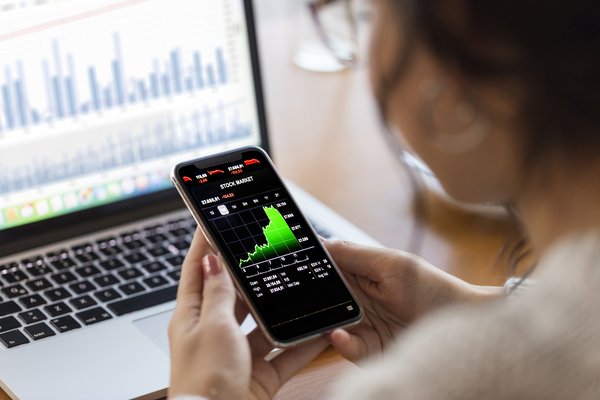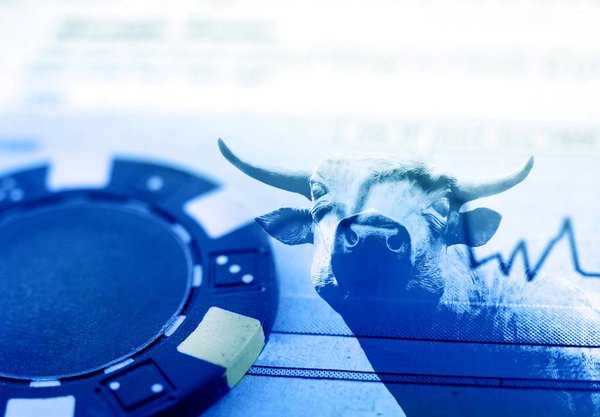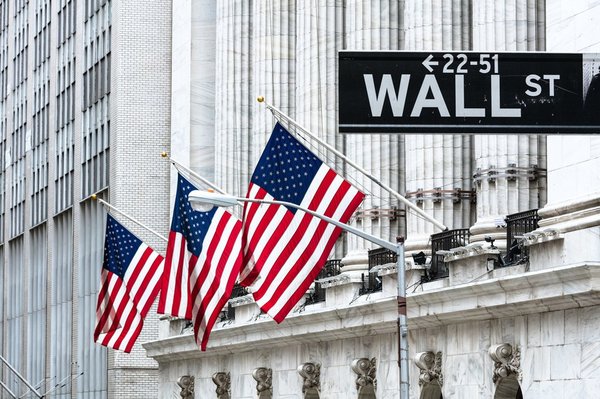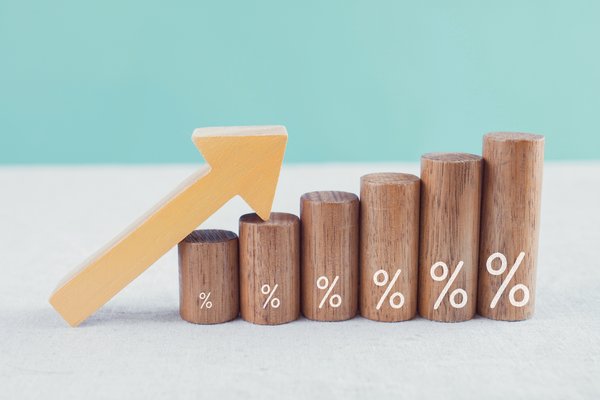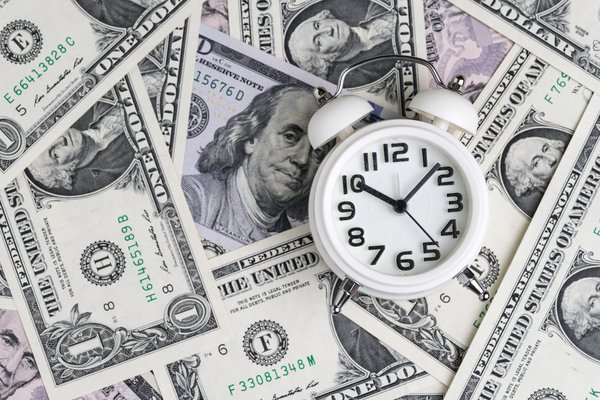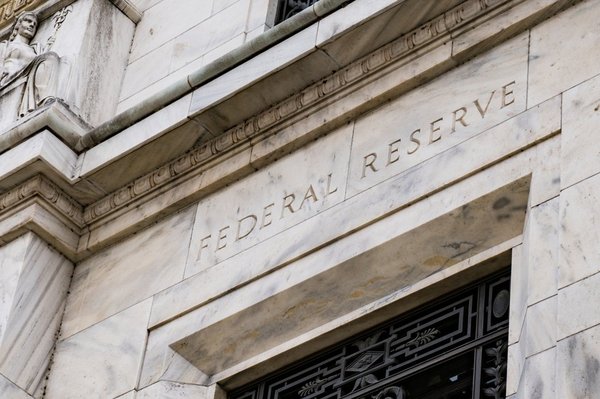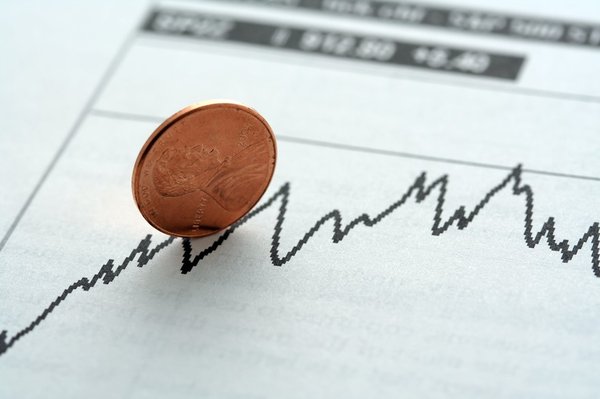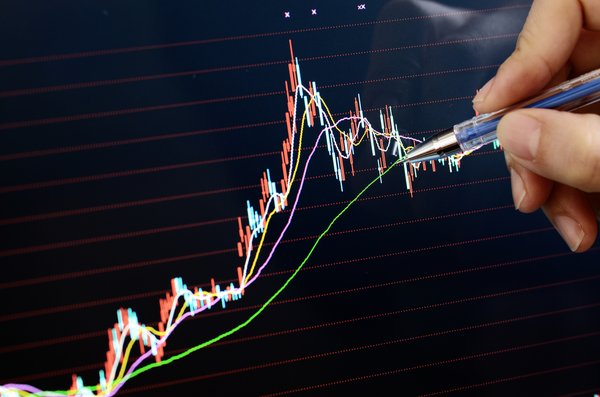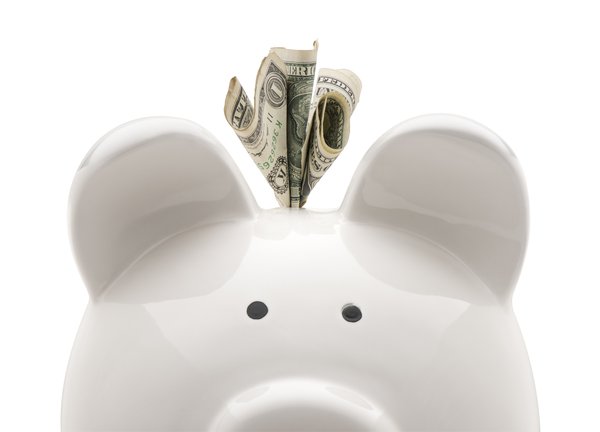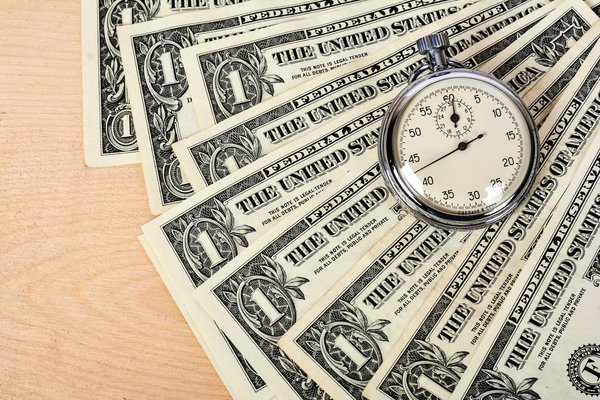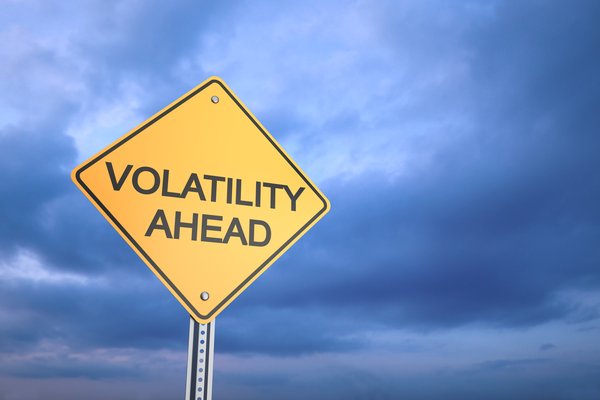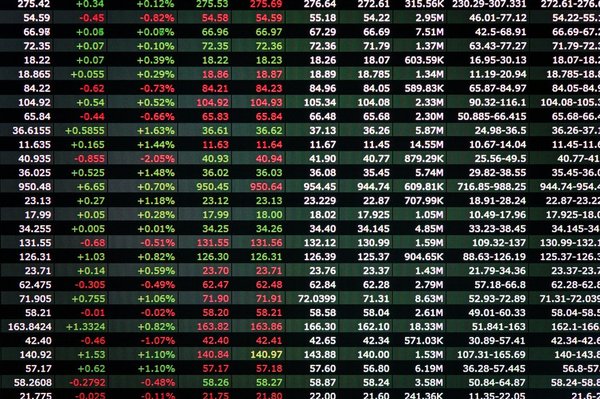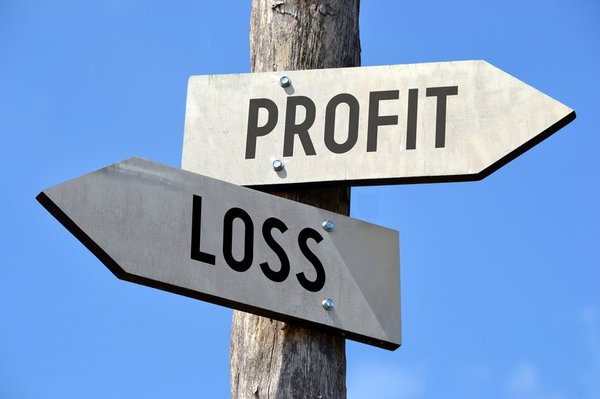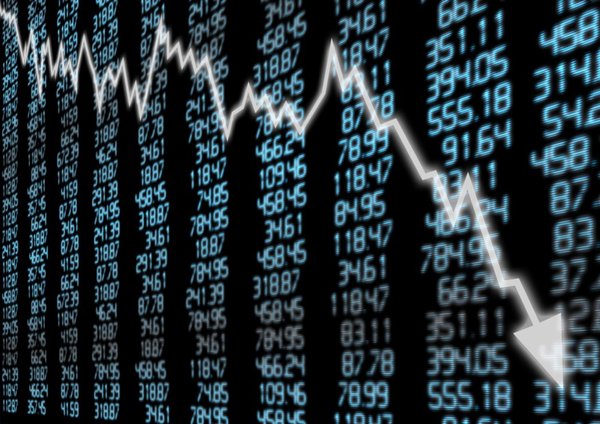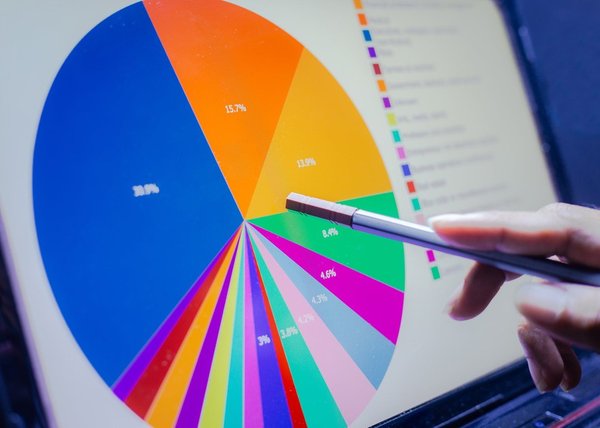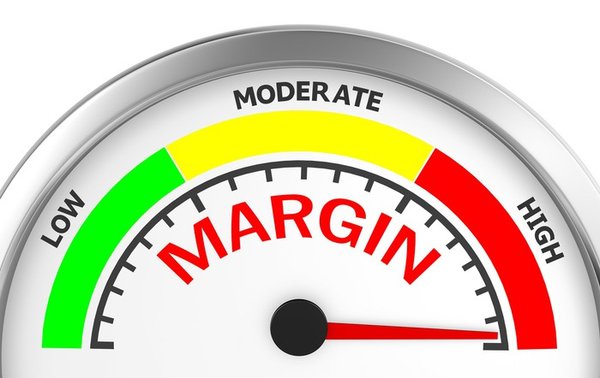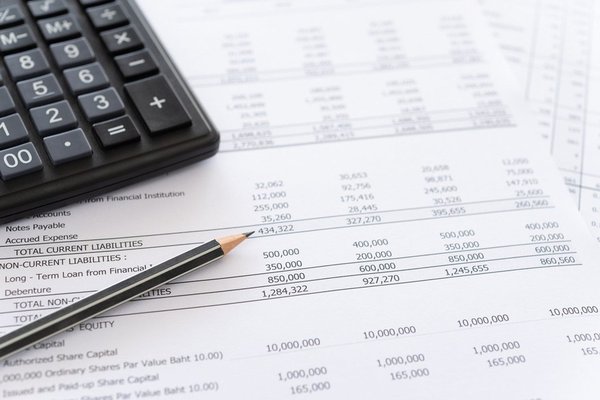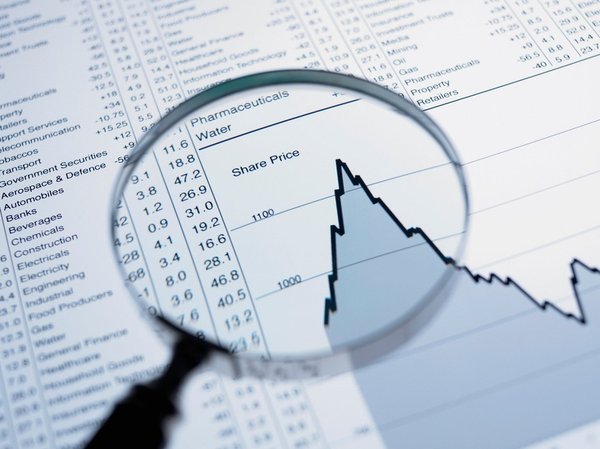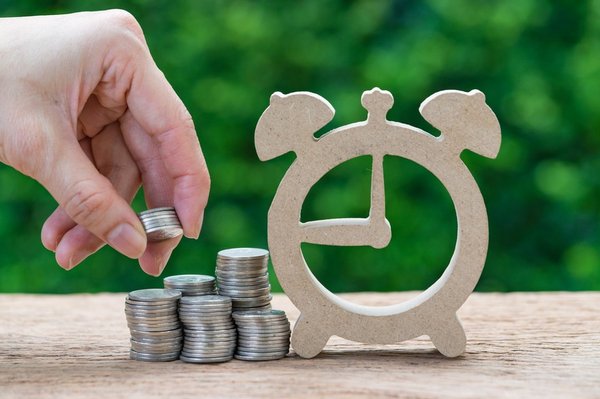A market maker is a firm or individual that stands ready to buy or sell a security. Investors may take the ability to buy and sell securities whenever they want for granted. Remember that every time you buy or sell an investment, there's another party on the other end of that trade. That party is often a market maker.
The market maker will offer up-to-date prices at which they're willing to buy or sell and the amounts of the security it's willing to buy or sell at those prices. Let's dive into how market makers operate, why they're important to the stock market, and how they make money.
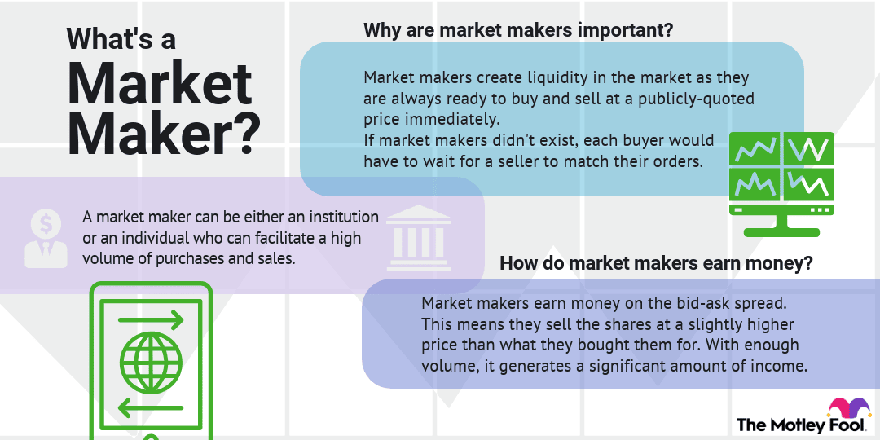
Understanding market makers
Market makers are usually banks or brokerage companies that provide trading services. By making a market for securities, these banks and brokerages enable much greater trading activity and use of their services.
Market makers usually carry an inventory of any securities they make a market in. Additionally, they're constantly offering quotes on prices they're willing to pay to buy more shares (a bid price) and the price they're willing to sell their shares for (an ask price). The difference between the buy and sell quotes is called the bid-ask spread.
When a market maker receives a buy order, it will immediately sell shares from its inventory at its quoted price to fulfill the order. If it receives a sell order, it buys shares at its quoted price and adds them to its inventory. It will take either side of a trade, even if it doesn't have the other side lined up right away to complete the transaction.
Market makers are regulated by the exchange they operate on, as well as any financial industry regulators in the country they're based in since they operate as broker-dealers. Exchanges in the United States are governed by the U.S. Securities and Exchange Commission (SEC). Broker-dealers must also register with FINRA.
Market makers in different markets and operating on different exchanges are subject to different rules regarding what they're allowed to buy and sell and the types of trades they can make.
How market makers improve the market
The main function of the market maker is to reduce volatility and facilitate price discovery in the stock market by providing a limited trading range on the security they make a market in. The market maker allows for the free flow of transactions because it will take the other side of a trade even when it doesn't have a buyer or seller lined up to complete the transaction immediately.
If market makers didn't exist, each buyer would have to wait for a seller to match their orders. That could take a long time, especially if a buyer or seller isn't willing to accept a partial fill of their order. (That is, they either take the whole number of shares they ordered or none.) Without market makers, it's unlikely most securities would have enough liquidity to support today's trading volume.
How market makers earn money
A market maker offers two quotes: One is the price at which it's willing to buy the security, and the other is the price at which it's willing to sell. The market maker's sell price is always higher than the buy price, usually by just a few cents. As previously noted, the difference between the buy and sell price is called the bid-ask spread.
Market makers earn money on the bid-ask spread because they transact so much volume. So, if a market maker is buying shares on average for a few pennies less than it sells them for, with enough volume it generates a significant amount of income.
For example, if Apple (NASDAQ:AAPL) was trading around $175 per share, the market maker may offer a bid price (the price at which it's willing to buy) of $174.95 and an ask price (the price at which it's willing to sell) of $175.05. The $0.10 difference may not seem like much to retail investors, but consider that 90 million shares of Apple trade hands every day. If every trade for Apple shares went through a market maker, that would add up to a cool $9 million in their pockets every day.
The market maker does take some risks, however. There's no guarantee that it will be able to find a buyer or seller at its quoted price. It may see more sellers than buyers, pushing its inventory higher and its prices down, or vice versa. And, if the market moves against it, and it hasn't set a sufficient bid-ask spread, it could lose money.
Related investing topics
The importance of market makers
Market makers are essential to enable the financial markets to operate smoothly and to fill market orders big and small. Anytime you invest in stocks, someone is on the other end of your trade, and it could be a market maker.






